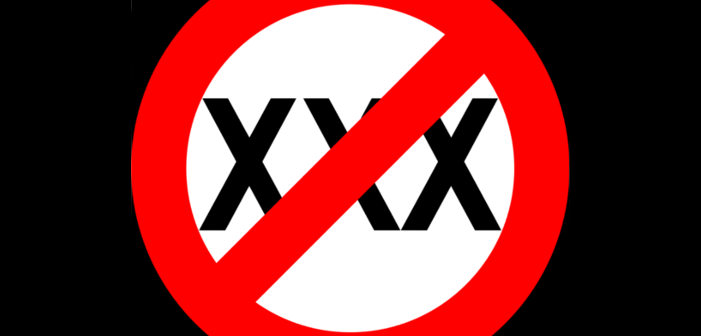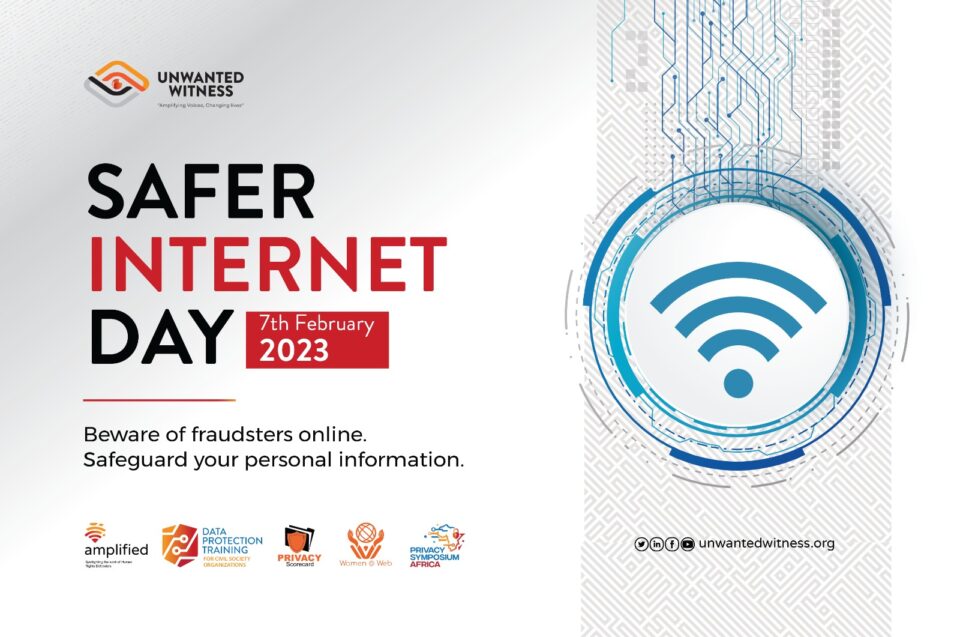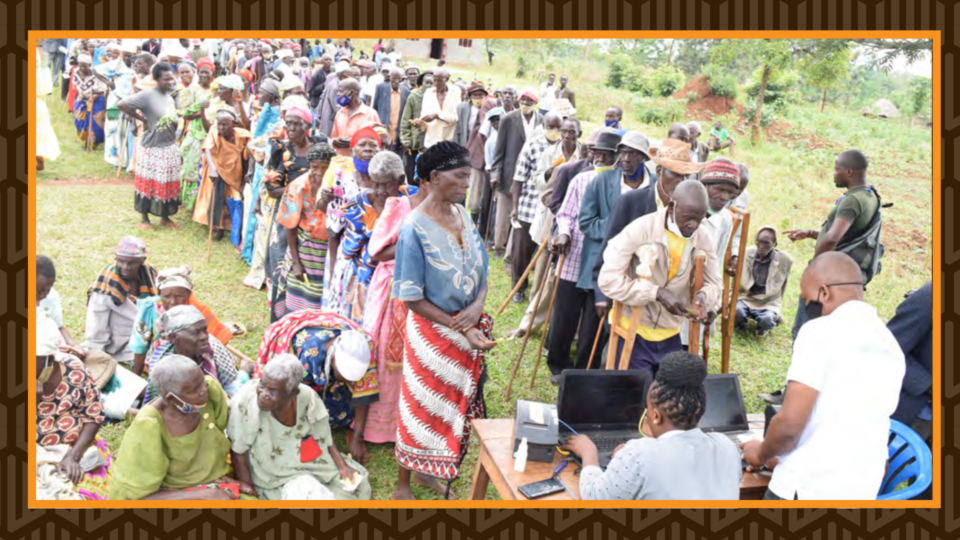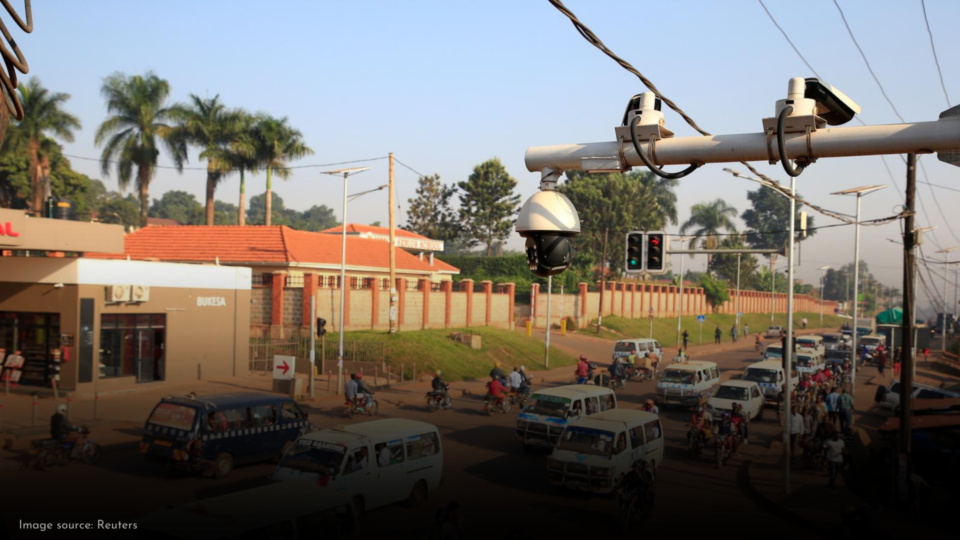The systematic Trend by Uganda Government to Conduct Open Online Surveillance is Alarming

Kampala, 31st/August/2017; Unwanted Witness Uganda is concerned about government’s increased investment in procuring surveillance equipment’s to conduct open surveillance on internet users, based on repressive cyber laws that negate the 1995 Uganda constitution, regional and International human rights legal framework.
While Uganda is party to several International agreements that protect freedom of expression and the right to privacy, including the African Charter on Human and People’s Rights and the International Covenant on Civil and Political Rights, authorities have shunned this obligation and moved to procure spy machines.
“Recent inauguration of the Pornographic Control Committee (PCC) by Ethics and Integrity minister Rev Fr. Simon Lokodo coupled with his revelation to procure a surveillance equipment is clear indication that government is determined to monitor internet users with a soul aim of criminalizing the space,” says Dorothy Mukasa, the Unwanted Witness acting Chief Executive Officer.
She noted that open surveillance by any standard is not only illegal but also limits citizens’ free expression, participation in governance and free flow of information online, which are great opportunities presented by the Internet.
Government is allegedly set to spend 318 million Uganda shillings an equivalent of $88,000 to procure a surveillance machine to enforce the repressive Anti Pornography Act, 2014. In 2014 Unwanted Witness reported in a statement how government had requested for a supplementary budget of 200 billion Uganda shillings ($80,000,000) to set up a monitoring center and procure surveillance equipment to start enforcing the Regulation to Interception of Communication’s Act.
Minister Lokodo’s assertion that pornography has escalated cases of drug abuse among the youths, incest, teenage pregnancy and abortion, homosexuality, Lesbianism and defilement as a basis for government to conduct open surveillance is unfounded since its not based on any empirical evidence.
As analyzed by Unwanted Witness Report, the Anti pornography Act grants unlimited discretionary powers to PCC with excessive imposition of intermediary liability on Internet Service Providers. The report also faults the vague and over-broad definition of the term pornography for it creates not only the potential for arbitrariness in determining whether a particular representation is forbidden but it risks criminalizing legitimate forms of expression.
Unwanted Witness therefore recommends as follows;
i) The definition of pornography should be redefined with greater precision to limit the scope of representations that are criminalized and discrimination against women as well as undue restriction of cultural practices.
ii) Investigation powers of the committee should be made subject to a judicial warrant and clear guidance should be provided on when the committee can employ which enforcement measures.
iii) The laws should be clear on composition because some of the nominated committee members are already having bias on some groups in the community.




